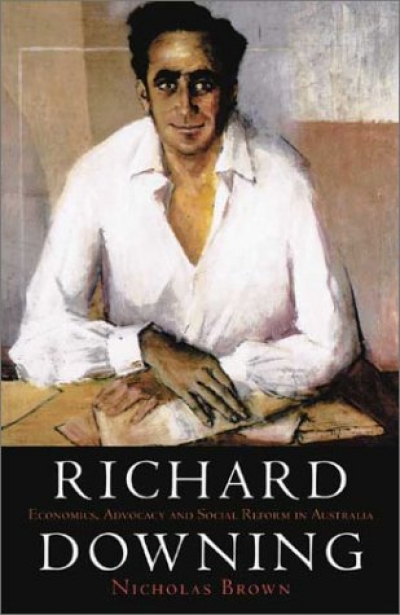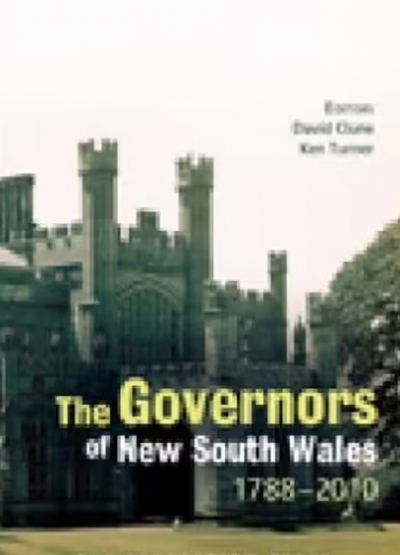Nicholas Brown
Richard Downing: Economics, advocacy and social reform in Australia by Nicholas Brown
The Governors of New South Wales 1788–2010 edited by David Clune and Ken Turner
Biographies, exhaustively researched, can take years, even decades to write – Jill Roe’s recent life of Miles Franklin is a good example – but few have to wait a century for a publisher. Written in 1906 and sold as a handwritten manuscript to the Mitchell Library in 1926, Cyril (brother of Gerard Manley) Hopkins’s obscure ‘Biographical Notice of the Life & Work of Marcus Clarke’ is published for the first time this month as Cyril Hopkins’s Marcus Clarke (Australian Scholarly Publishing).
Drawing on Clarke’s early journalism, Hopkins’s memories of Clarke from their time as schoolboy intimates in England, and the pair’s decades-long correspondence after Clarke’s emigration to Australia in 1863, this volume provides an unprecedented glimpse of the author of For the Term of His Natural Life. It is laced with anecdotal riches, including Clarke’s habit of depositing his unfinished cigars in the mouth of a green metal lion as he entered the Melbourne Public Library. The lion, smoking the cigar, became a signal to his friends that Marcus was within.
... (read more)




